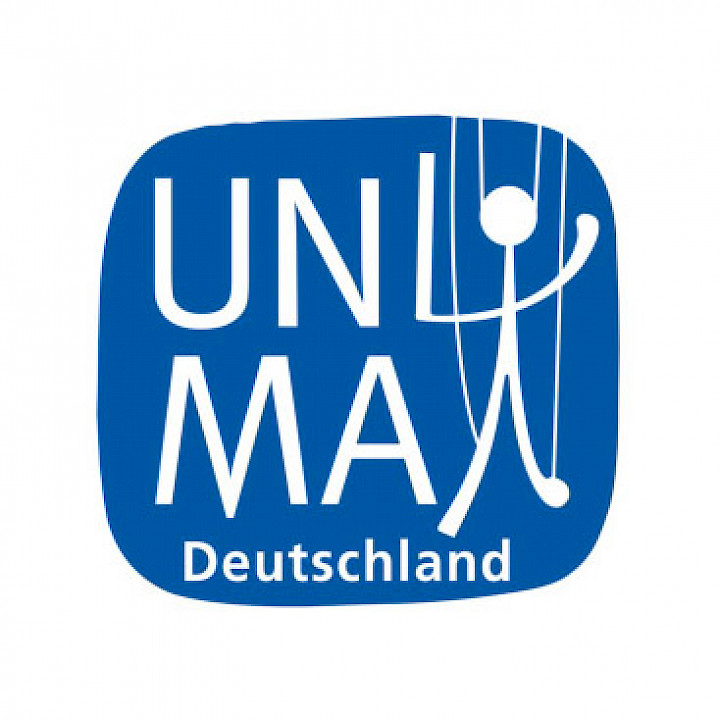21. März: World Puppetry Day
Brief der UNIMA zu Weltpuppenspieltag
Brief der UNIMA zum Weltpuppenspieltag :
As you know, on March 21 st , we are celebrating the World Puppetry Day.
Created in 2003, this Day celebrates the puppetry art in the world. On this occasion, a personality of the artistic world is
solicited to write a message spread all over the world.
In 2017, it was an American, Nancy Staub, who wrote a strong message in which she stressed the importance of the internet to spread a better knowledge of this ancestral art which knows however to be in a great modernity.
We invite you to celebrate this Day by popularizing the event in many ways: by spreading the Message to your members and by raising actions that help us to better publicize our art.
WORLD PUPPETRY DAY 21 MARCH 2017
MESSAGE by Nancy Lohman Staub
In 1929 a few people with a passion for puppetry from only seven countries formed l’Union Internationale de la Marionnette (UNIMA) to promote and develop the art form. I joined UNIMA about 1970 to help satisfy my lifelong fascination with puppets. Now, thanks to the Internet, we can instantaneously connect thousands of likeminded people across national, political and religious boundaries around the world. Recorded programs, performances, conferences, classes and workshops are available around the clock and some are streamed in real time. Academic papers, publications and photographs pop up at a touch on the keyboard. This increased popularity beyond our wildest dreams offers innumerable opportunities to form international coalitions to work together towards our goal of mutual understanding through puppetry.
Puppetry developed in virtually every part of the world. Now hundreds of hours of documentation available on the Internet make many traditional forms accessible. UNESCO recognized twelve of these as representing Intangible Cultural Heritage (ICH). Information, slides, and video footage of them can be seen on its web site. At least eleven additional traditions involving puppetry can be viewed on the Asia/Pacific Cultural Centre Database. Hopefully, viewers are tantalized to delve into the complexity of the performances and the depths of their communal roots. We can utilize traditional puppetry to reveal the common humanity underlying our cultural differences.
One tradition of traditional art is change, so documentation plays an important role. After nearly forty years of dedication by hundreds of us puppetry enthusiasts, UNIMA posted an updated Encylopédie Mondiale des Arts de la Marionnette, published in 2009, on its web site in three languages, English and Spanish as well as French. It puts the history of puppetry at our fingertips. It serves as a significant tool for the numerous museums around the world, which have acquired puppet collections, and the several others dedicated exclusively to the art form. Their collections and catalogs can be found online. Some are experimenting with 3-D imagery and replication for educational purposes. Facilitated by communication on the Internet, preservation of history contributes to future development.
Hundreds of contemporary puppeteers from around the world post excerpts of their live performances on the Internet to attract audiences and presenters. UNIMA sponsors live performances, festivals, conferences and publications and posts coverage on its web site. As intended by the small founding group, the current membership of UNIMA, from over ninety nations cooperate, regardless of differences. With the exponential growth of exposure comes increased responsibility to our audiences and each other. Let us celebrate World Puppetry Day together as friends with shared dedication to the art form by posting the festivities on the Internet, which truly unites us!
